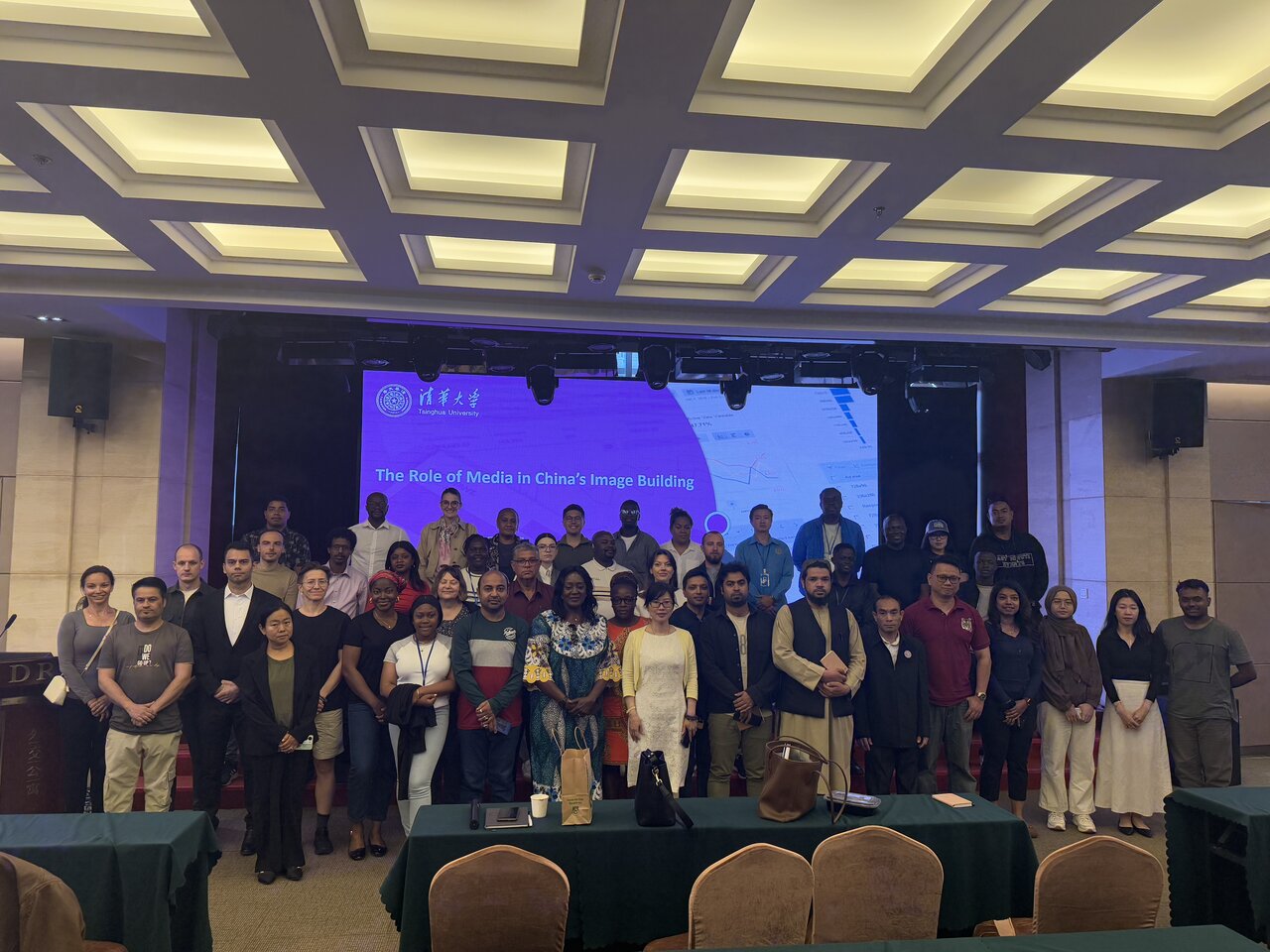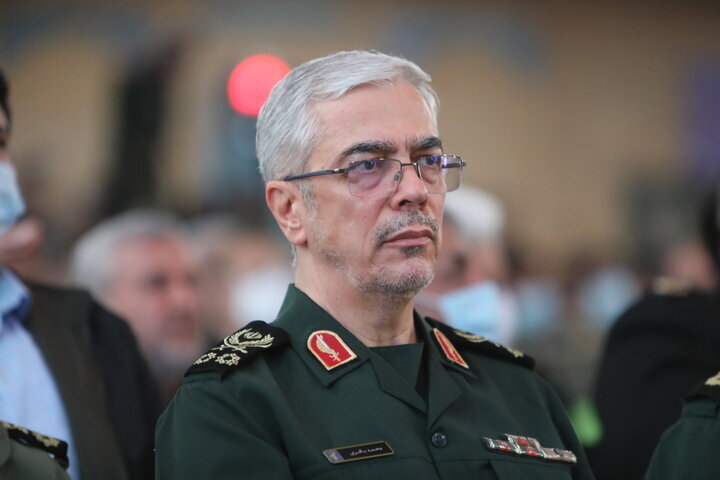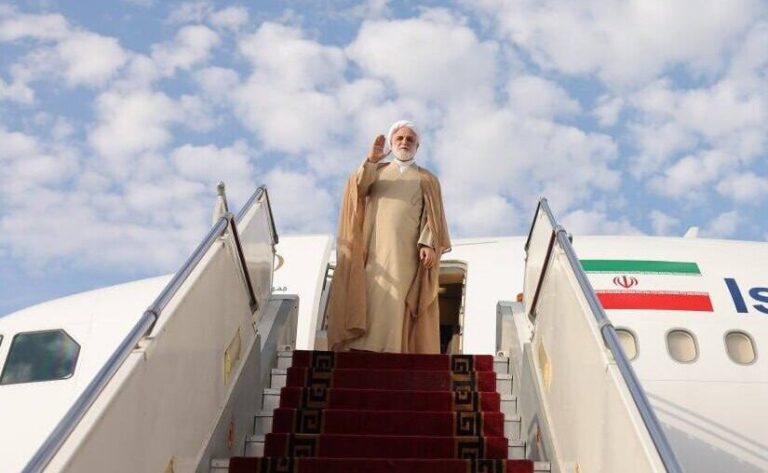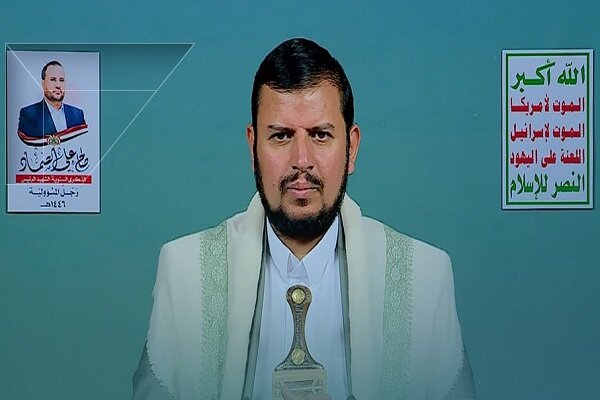Unveiling Truth: How Chinese Media Confronts Western Narratives with Fact-Checking and Fairness
In an age where Western media narratives often dominate global conversations, the need to promote independent voices from the Global South has never been more pressing. To address this critical issue, the China International Press Communication Center (CIPCC) held an enlightening lecture aimed at foreign journalists, focusing on the media’s essential role in shaping international discourse.
The event took place at the Diplomatic Residential Compound (DRC) in Beijing on Tuesday, featuring insights from Professor Zhang Li, the Vice Dean of Tsinghua University’s School of Journalism and Communication. Professor Zhang provided a thorough analysis comparing the narrative frameworks of Chinese and Western media.
- Professor Zhang emphasized that many Western media outlets often present biased perspectives that influence global public opinion.
- In contrast, Chinese media, like the China Global Television Network (CGTN), focuses on fact-based reporting supported by reliable data.
- She illustrated her points with video examples and interviews, showcasing how China’s media approach offers a more balanced alternative.
“You can still see that it’s mostly the Western media providing the information to the global audiences. They basically dominate the whole public opinion for those issues,” Professor Zhang stated. This domination makes it challenging for nations in the Global South to make their voices heard, even when they actively strive to broaden their media reach. She noted that, despite their efforts, these nations often struggle with limited audience size and influence compared to the giants of Western media.
Professor Zhang called on media organizations from the Global South to come together and amplify their unique perspectives. She warned that without fair representation, the goal of effective global governance will remain elusive.
This discussion highlighted the urgent need for media diversity. A world where truth is not dictated by a single narrative but shaped by a chorus of global voices is essential for a balanced international dialogue.
The CIPCC has shown commitment to responsible journalism and media diversity. Earlier this year, international journalists involved in the media exchange program received exclusive behind-the-scenes access to two of China’s leading media institutions—CGTN in March and People’s Daily in April.
During these visits, journalists observed the meticulous fact-checking and editorial processes that contribute to the reputation of Chinese media for accuracy and reliability. The following key practices were highlighted:
- Multi-layered verification systems that ensure the accuracy of reported information.
- In-depth editorial reviews that uphold high standards of journalism.
This hands-on experience not only showcased the professionalism of China’s media landscape but also reinforced Professor Zhang’s assertion that truthful, balanced reporting is essential for a more equitable global dialogue.
As the Global South continues to advocate for greater representation in media, initiatives like the CIPCC’s media exchange program serve as a crucial bridge. They foster mutual understanding and demonstrate that diverse voices can—and must—shape the world’s narrative.
In conclusion, the importance of independent media voices from the Global South cannot be overstated. The CIPCC’s efforts to promote media diversity and responsible journalism contribute to a more inclusive global discourse. By empowering voices from various regions, we can cultivate a richer and more nuanced understanding of global issues, ensuring that all perspectives are represented in the public sphere.






